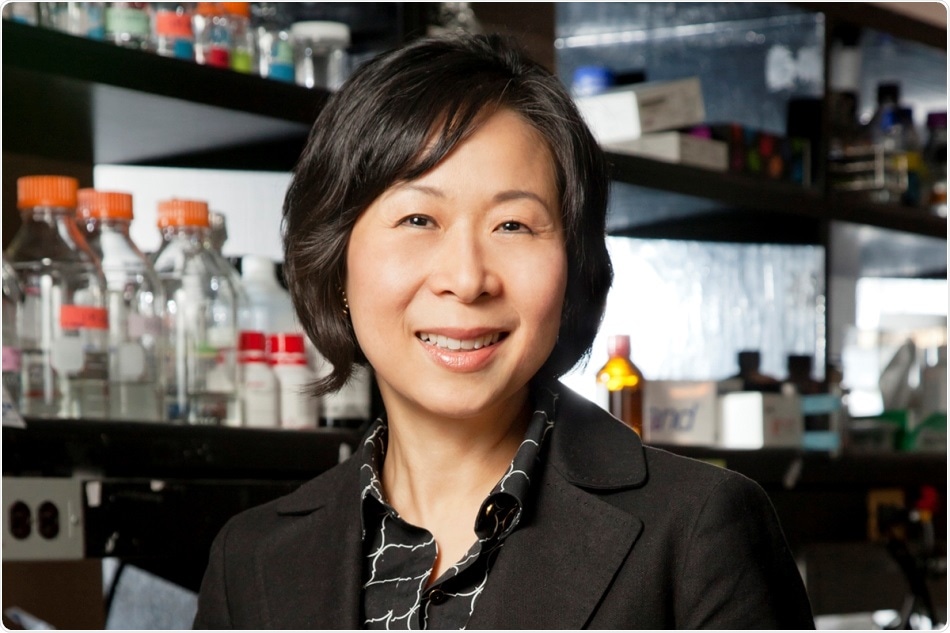The production of fat in the human body is essentially regulated by gut hormones. One crucial hormone, which is discharged a few hours after eating, turns off the production of fat by controlling the expression of genes in the liver.

The gut releases hormones hours after eating that prompt the liver to stop storing fat, but the process is dysregulated in obesity and fatty liver disease, a study led by Illinois professor Jongsook Kim Kemper found. Image Credit: L. Brian Stauffer.
But according to a new study performed by scientists from the University of Illinois Urbana-Champaign, the regulation of fat production is irregular in obesity.
Jongsook Kim Kemper, a molecular and integrative physiology professor, and Young-Chae Kim, a research scientist, headed the study, which was published in the Nature Communications journal.
After a person consumes food, the pancreas creates insulin, which stimulates the liver to transform the digested foods into fat for storage through a process called lipogenesis. After a few hours, when the body starts to shift to the fasting mode, the liver slows down the production of fat.
Although the insulin pathway has been comprehensively analyzed, the route through which lipogenesis is switched off has continued to be a major enigma, stated Kemper.
In the latest research work, Kemper’s group discovered that the FGF15 gut hormone found in mice and its human counterpart, called FGF19, switch off the fat-producing genes in the liver.
The hormones are discharged a few hours after food consumption when the body shifts from the feeding mode to the fasting mode. The FGF15/19 hormones stimulate regulatory molecules to penetrate the nucleus, the core of the cell in which DNA is preserved and suppress the expression of genes.
This gut hormone actually acts as a breaker of insulin action, and specifically inhibits lipogenesis in the liver so that it’s tightly regulated. For example, with the holidays coming up, if you eat some cookies, the body will release insulin, which promotes lipogenesis. If lipogenesis is not reduced later when the body enters the fasting state, excess fat will accumulate in the liver, so the FGF19 hormone puts the brakes on fat production.”
Jongsook Kim Kemper, Molecular and Integrative Physiology Professor, University of Illinois at Urbana-Champaign
The researchers also performed experiments in which they used human patients with nonalcoholic fatty liver disease and mice with obesity, and they observed that the pathway for switching off the production of fat was abnormal.
The genes controlled by the gut hormone were extremely active, the regulatory molecules activated by the FGF15/19 hormones did not even penetrate the nucleus of the cell, and the suppression markers were not introduced to the genes.
This study could be very important for understanding this pathway and investigating how it is abnormal in obesity and nonalcoholic fatty liver disease. It adds to our understanding of obesity, nonalcoholic fatty liver disease and other metabolic disorders. It also could have implications for other diseases such as diabetes or certain cancers, for which obesity is a risk factor.”
Jongsook Kim Kemper, Molecular and Integrative Physiology Professor, University of Illinois at Urbana-Champaign
“Based on this study, we potentially could search for therapeutic treatment options to target this pathway and increase regulatory function,” Kemper concluded.
Source:
Journal reference:
Kim, Y.-C., et al. (2020) Intestinal FGF15/19 physiologically repress hepatic lipogenesis in the late fed-state by activating SHP and DNMT3A. Nature Communications. doi.org/10.1038/s41467-020-19803-9.